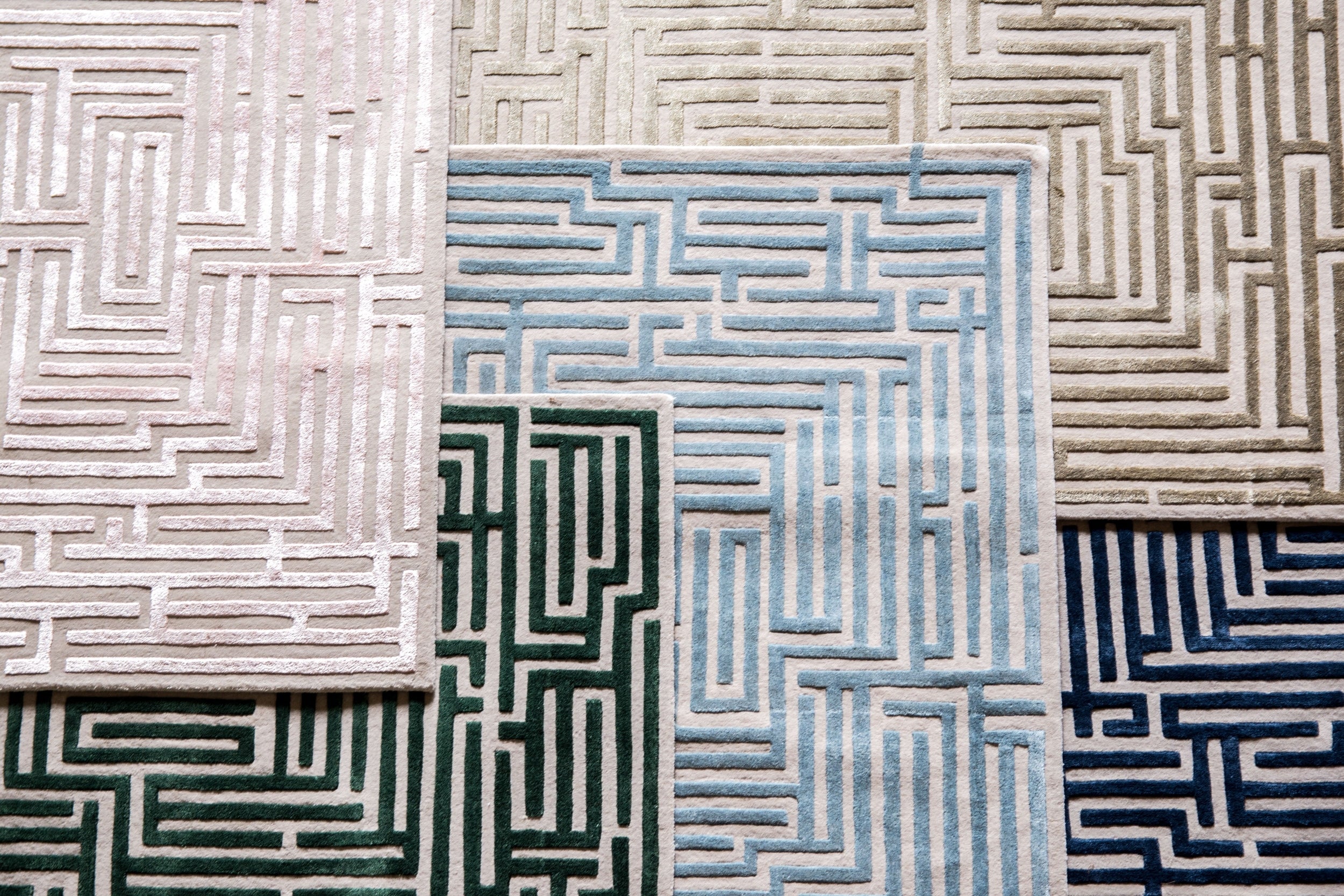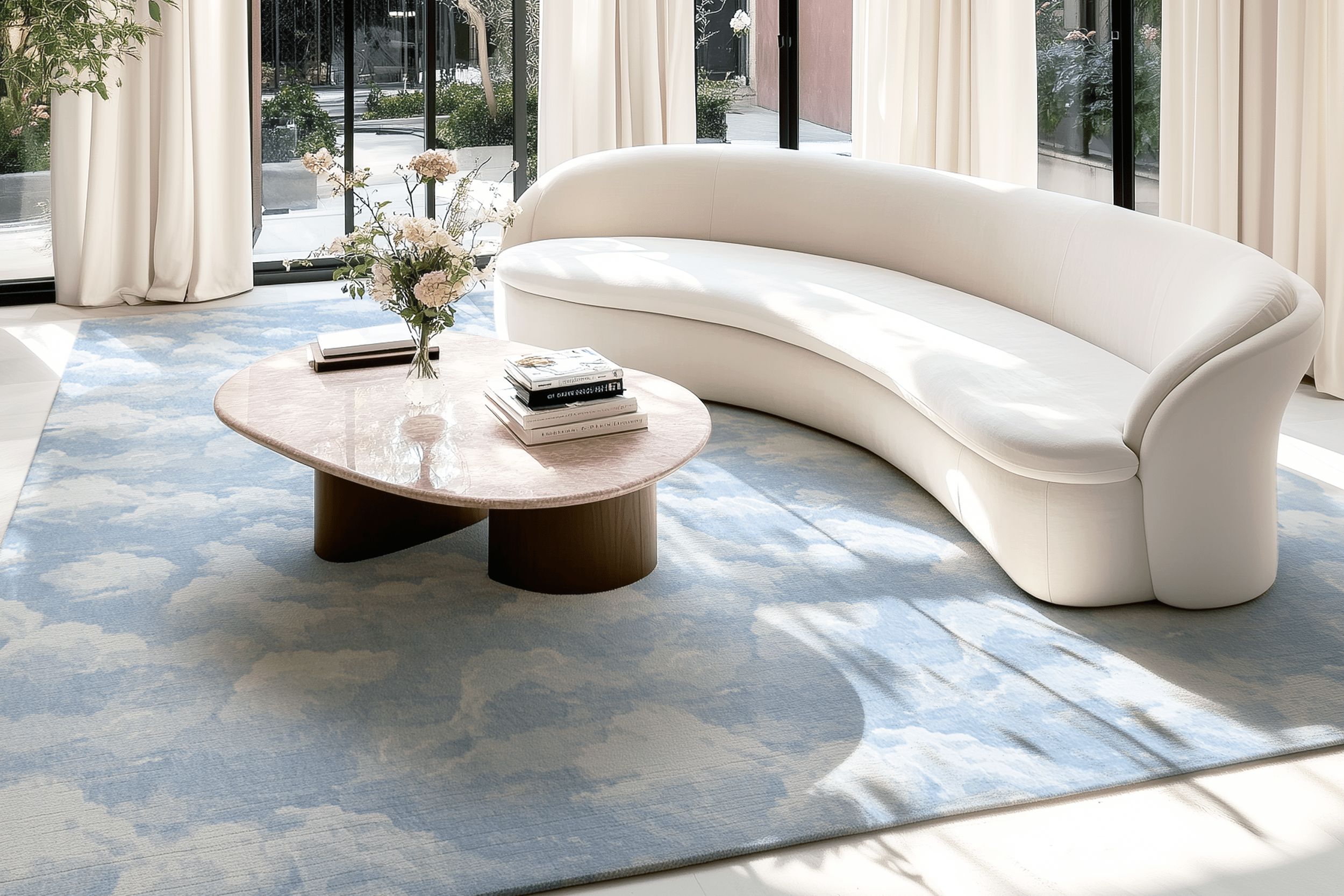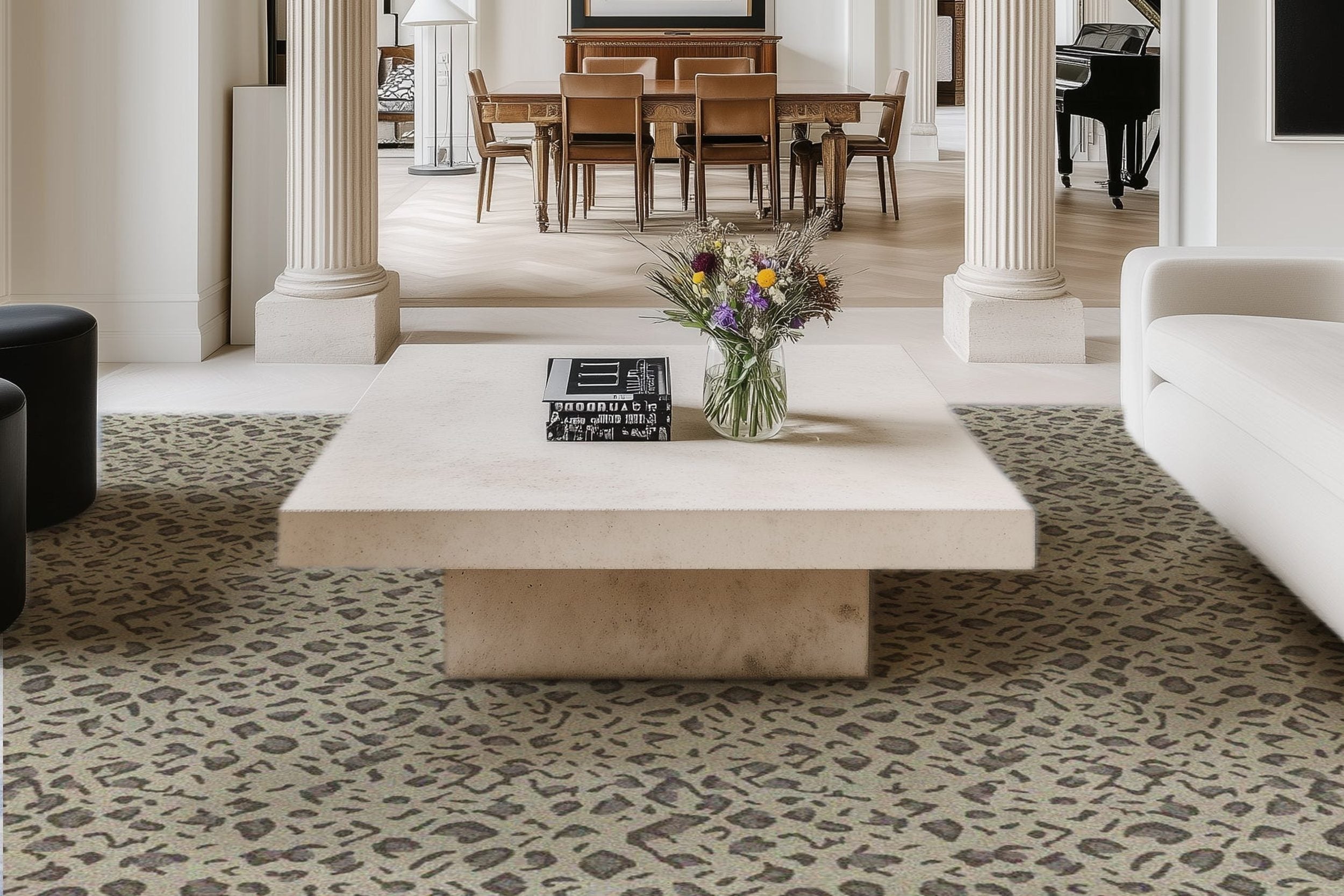How Insulation Improves Home Energy Efficiency
 Improving energy efficiency at home may seem like a trend of the past decade. With soaring energy prices and greater interest in our homes' environmental impact, plenty of us are looking to make home improvements. This is where insulation comes in. With a proper understanding of what insulation does, homeowners can make educated decisions.
Improving energy efficiency at home may seem like a trend of the past decade. With soaring energy prices and greater interest in our homes' environmental impact, plenty of us are looking to make home improvements. This is where insulation comes in. With a proper understanding of what insulation does, homeowners can make educated decisions.
The Basics of Insulation
Insulation is a barrier that reduces the speed of heat transfer. It blocks out summer heat and keeps winter heat inside. Different kinds of insulation with distinct characteristics and properties typically include foam, fibreglass, and cellulose. The utilisation of these materials depends upon the climate, budget, and requirements.
How Insulation Works
The primary job of insulation is to reduce heat flow through conduction, convection, and radiation. Conduction is when heat is transferred through materials, and convection is heat transfer through air movement. Radiance is the exchange of warmth as electromagnetic waves. Insulation reduces these processes, maintaining a stable temperature. A lot of Wellington insulation companies help homeowners, from consultation to the final result.
Benefits of Proper Insulation
Proper insulation offers multiple benefits, one of which is energy savings. In winter, homes that are well insulated need less heating and less cooling in the summer, reducing energy bills. Furthermore, insulation helps keep conditions stable inside, making for a more comfortable environment. In addition, it helps minimise noise by providing a peaceful atmosphere.
Environmental Impact
The insulating effect benefits environmental protection. It decreases the need for fossil fuels by conserving energy consumption, which in turn reduces greenhouse gas emissions. These advantages are further complemented by the consideration of sustainable insulation materials. For example, many sustainably produced options, such as recycled denim or wool, deliver that performance without compromise.
Types of Insulation Materials
There are multiple commonly used materials for insulation. Fibreglass is commonly used for its relatively low cost and effectiveness. Spray foam insulation has great sealing properties, among other things. It is commonly utilised in leak-prone zones. Recycled paper, commonly used in the form of cellulose, is an eco-friendly option as well. There are pros to each type, and they are better suited for certain applications.
Installation Considerations
Insulation can only do its job if it's installed properly. Air gaps or compressions can drastically decrease its efficiency. Professionals know what they are doing, so they should do the job. Experts know how to check areas needing attention, such as walls, attics, and floors. They also apply to safety standards like those for fibreglass.
Cost and Savings
Although the up-front insulation price seems high, savings over the long haul add up. The savings in energy bills will often pay for the initial expense in just a few years. Financial incentives and rebates may be available to offset costs. If you are a homeowner, consider these options to maximise savings.
Choosing the Right Insulation
Choosing the right insulation comes down to a few different factors. Climate is an important design determinant of type and thickness. Suppose you live in a cold climate; in a well-insulated home with thicker insulation. Budget constraints are also significant. You can make an economical selection by contrasting various materials and their costs. They are the guidance everyone needs to learn more about what best suits them.
Maintaining Insulation
Once installed, insulation is near maintenance-free. However, periodic checks are advisable. Inspections must recognise problems, including moisture destruction or bugs. Solving issues early on helps ensure that insulation remains effective. Corrective measures prolong the materials' life cycle, preserving energy savings in the long term.
Conclusion
Insulation—sound insulation—is critical for a more energy-efficient home. If you know how it works and choose your materials wisely, you can get a present for yourself in the form of a more comfortable and cheaper housing experience. Better energy bills and energy conservation are a good return on the insulation investment. Insulation gives an excellent opportunity to become a more effective, sustainable home with proper installation and intention.
Browse by Category

Design Projects
Explore interiors from client work and personal renovations — layered, livable, and always in progress.
read more →
Collaborations
From product launches to styled spaces, discover the brand stories I’ve helped bring to life.
read more →
The Notebook
A growing archive of iconic designers, inspiring artists, and unforgettable design moments.
read more →
Travel by Design
Wander with a designer’s eye — from charming hotels and city guides to visual inspiration abroad.
read more →




